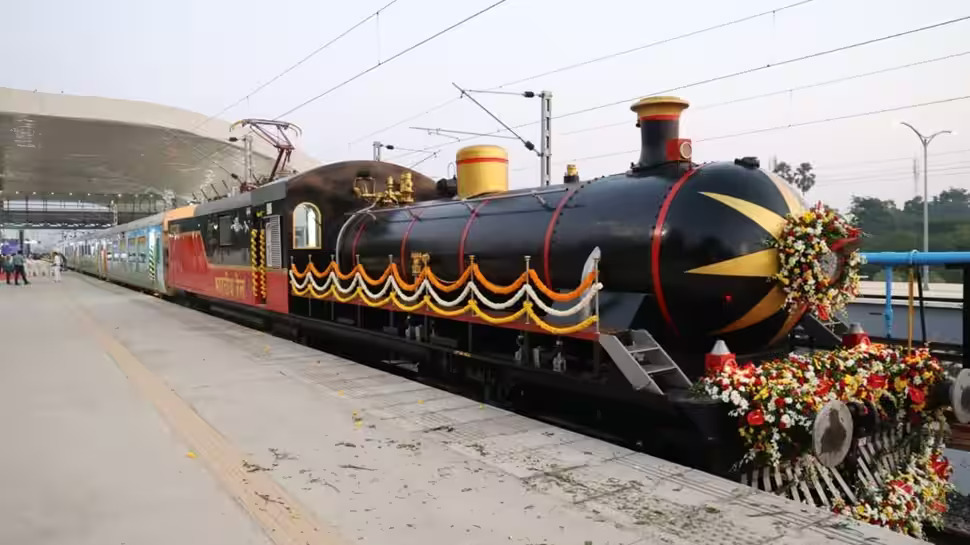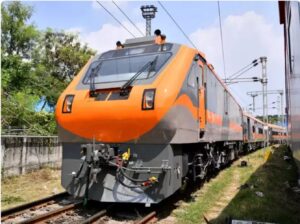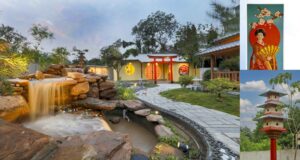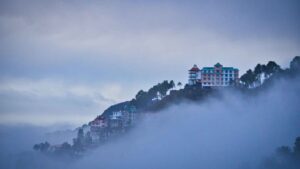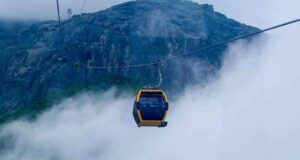Today is National Unity Day (Rashtriya Ekta Diwas) on the occasion of which the 148th birth anniversary of India’s former Deputy PM and ‘Iron Man’ of India; Sardar Vallabhai Patel, is celebrated. On this rather coincidental occasion, PM Modi graced the state of Gujarat through a two-day visit.
PM Modi’s visit to the state served many purposes, with two o the most significant of them being:
- Inauguration, review and discussion of a multitude of development projects of the state
- Celebrating Ekta Diwas, paying homage to Sardar Patel and flagging off the Steam Heritage Special Train, connecting Ahmedabad and Ektanagar.
The day and the location being rather significant, the Statue of Unity, essentially a colossal structure honouring the ‘Iron Man’ of India, is a destination that is favoured by a large number of tourists on a daily basis, or so to speak. Keeping this in mind, especially with the festive times just around the corner, the introduction of the Heritage Train was a strategic move in order to boost the district’s tourism as well as showcasing India’s rich cultural history by revisiting the past, that also celebrates one of India’s premier achievements in the transport and connectivity sector.
However, this train is also a tribute to Sardar Vallabhai Patel, especially at the place he is paid homage at, and on his birth anniversary.
PM Modi has flagged off the Steam Heritage Special Train running between Ahmedabad and Ektanagar.
Due to the influx of tourists frequenting the Statue of Unity, there have been issues surrounding reservations, availability of tickets and the availability of trains running to and from the destinations during peak days. There have been several solutions taken by the district administration in this regard, however, the introduction of the Steam Heritage Special Train will also serve a special purpose in this regard.
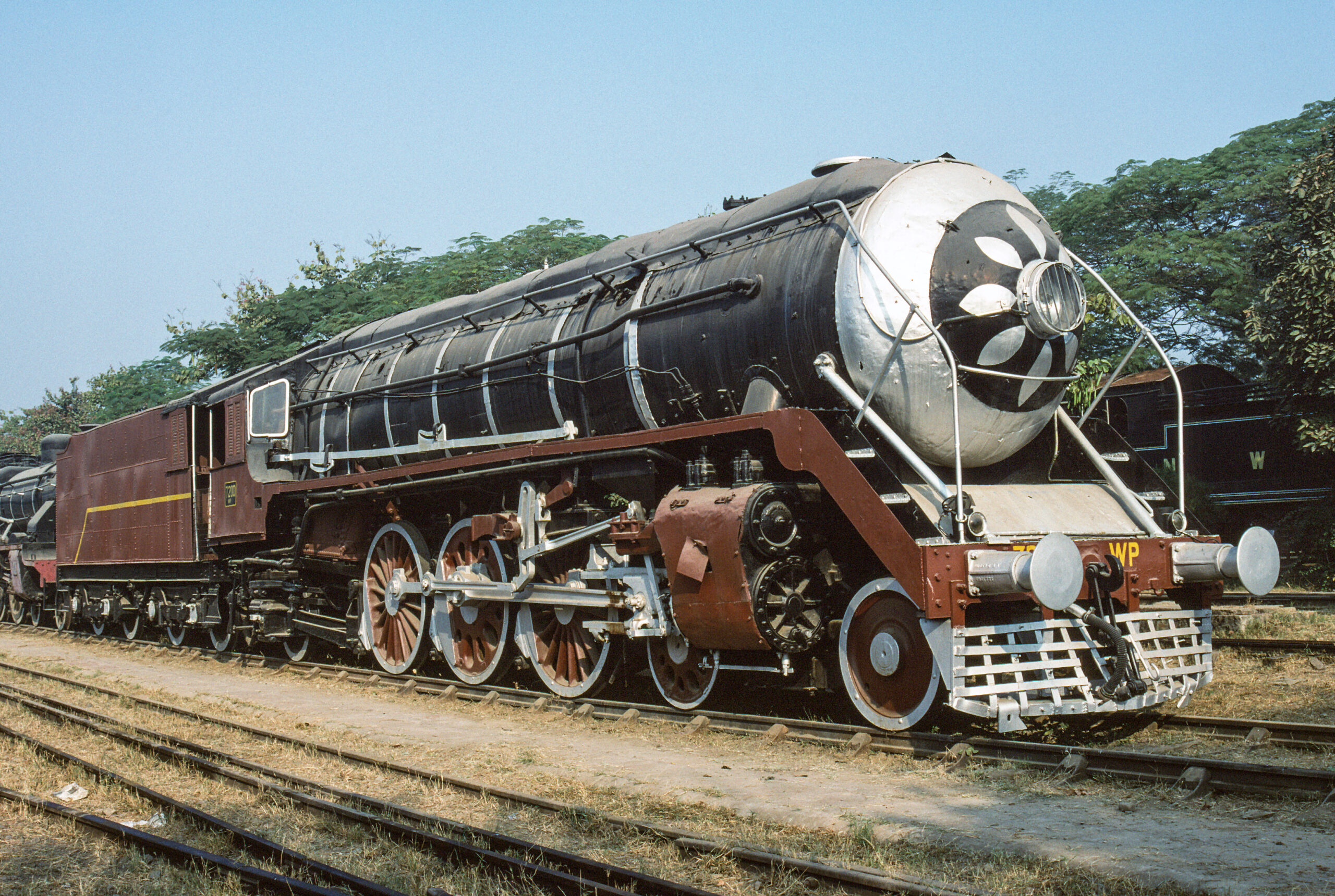
The introduction of this train will help with travel woes of tourists. Secondly, the structure of the train, as well as its interiors, that pays homage to India’s very first Steam locomotive, the F734, also serves the cultural history aspect where people will get to witness and exact replica of India’s premier achievement in terms of transportation, travel and the early remnant of India’s modernization.
According to the Western Railways, Train No. 09409/09410 Ahmedabad-Ektanagar will begin its regular schedule from 5th November. Train No. 09409 running from Ahmedabad to Ektanagar will depart from Ahmedabad at 6.10am, every Sunday and arrive at Ektanagar on the same day at 9.50 am. Train No. 09410 running Ektanagar to Ahmedabad will depart from Ektanagar at 8.35 pm on Sundays and reach Ahmedabad at 12.05 am.
Bookings for the same will be open at all Passenger Reservation System (PRS) counters with the Advanced Reservation Period (ARP) for 30 days.
The Steam Heritage Special Train is essentially an exact replica of India’s first indigenously-made locomotive, the F-734, which revolutionized Indian Railways in the mid 1800s. Hence, the Heritage Train retains the old look, however, with a touch of modernity, as it is designed as a Steam locomotive with panoramic windows and roller blinds.
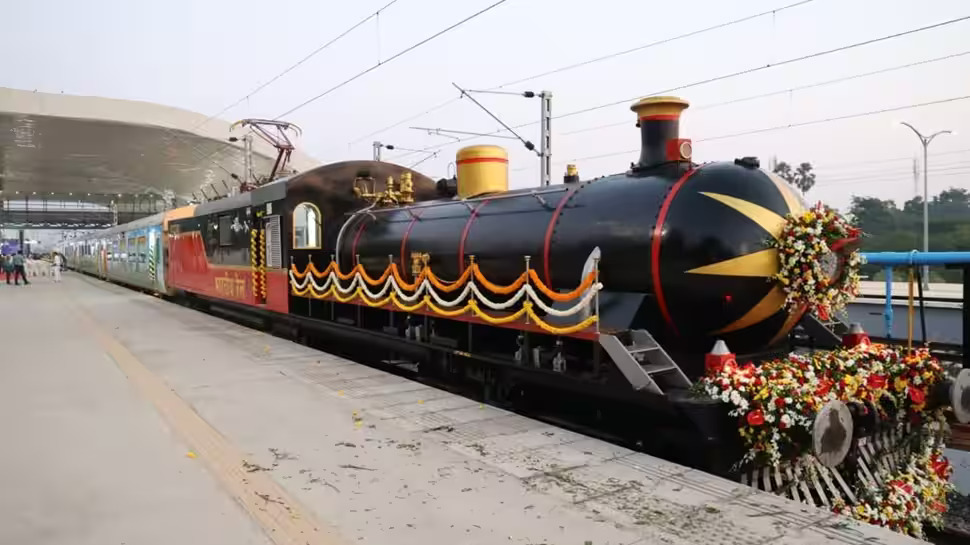
The Heritage Train consists of an AC dining restaurant with a seating capacity of 28 passengers, complete with teakwood dining tables and 2-seater sofas with cushioned seats. Each coach is designed in the AC Vistadome manner, consisting of AC executive chair car coaches. Every equipment is electricity-operated, and pantry arrangements are completely frameless. The GPS system is based on Public address and Passenger Information System (PAPIS). The luggage rack arrangement of the Heritage Train is strikingly similar to TEJAS Express coaches. The train is completely equipped with automatic sliding doors in every compartment.
Remembering the F-734, India’s very first innovation and experiment with modernity
India’s first indigenously-made locomotive that launched the nation’s locomotive industry and revolutionized Indian Railways was the F-734.
The F-734 was first created at the Ajmer workshop of North Western Railways. Running on the 1000 mm Main Line, the locomotive connected Delhi and Ajmer, Ajmer with Indore and Ahmedabad. A large amount of passengers and cargo traffic to the locomotive from Delhi to Indore and upto Ahmedabad was provided by Bombay Baroda and Central India Railway.
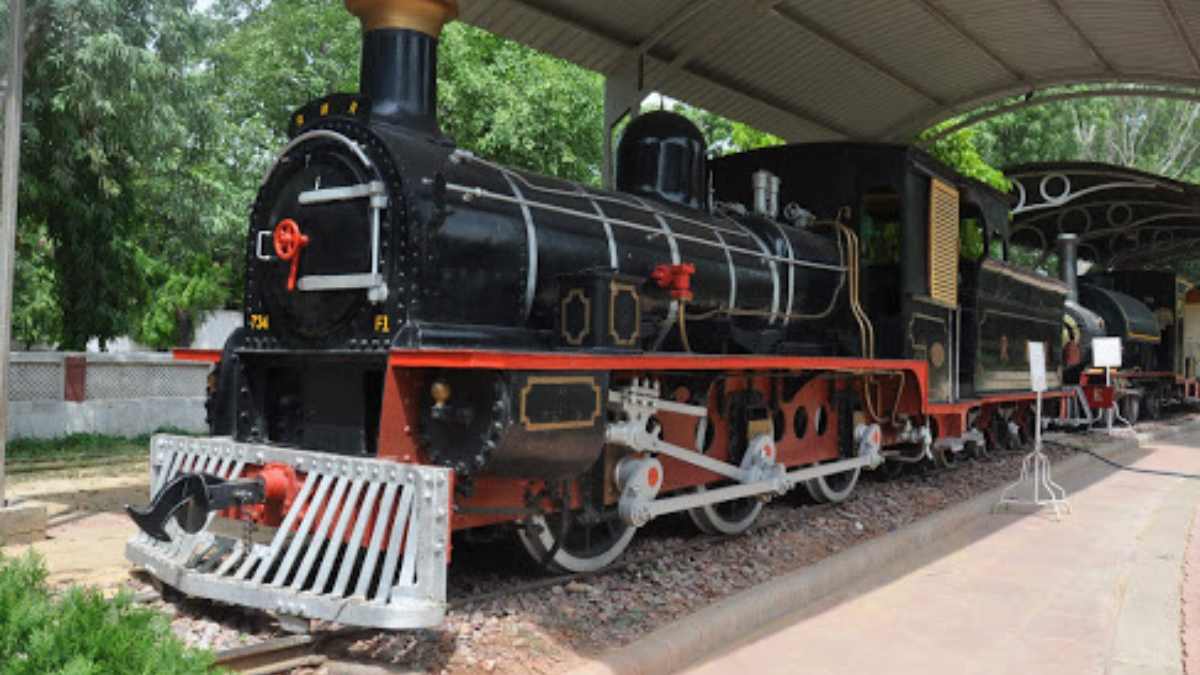
The locomotive consisted of an American-style cowcatcher on the front, a sturdy metal frame to remove obstructions from the track as the train moved on it. The locomotive weighs around 38 tonnes, however was barely even 10 tonnes in the working order with a uniquely made railcar consisting of fuel and a 6-wheel tender adding 13 more tonnes onto it.
The locomotive was created entirely from scratch and the design was influenced by F Class Engines that were first produced in 1875 by Dubbs & Company in Glasgow.
The number plate is rather unique as each element has a specific meaning. The RMR referred to the Rajputana Malwa Rail Railway line, the F represents the class of the locomotive, 734 was the serial number of the locomotive.
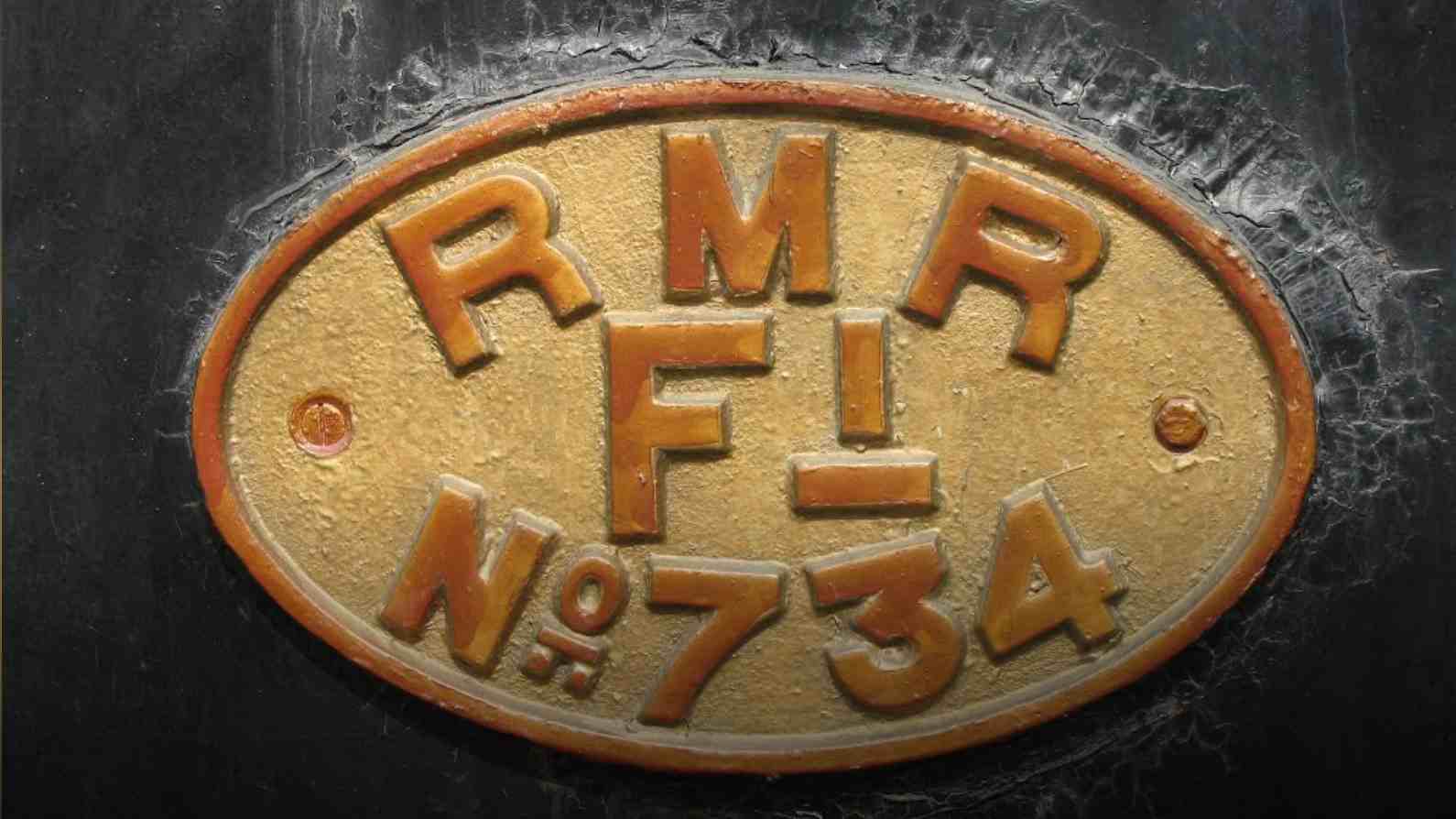
The F-734 retired from service in 1958 but was then restored and can now be seen in its full glory at the National Rail Museum in New Delhi.
The Steam Heritage Special Train therefore pays homage to not only Sardar Vallabhai Patel but also to the very first locomotive created in India that revolutionized the face of Indian Railways and laid the foundation for the future of the Indian Railways. It foreshadowed modernity and innovation, being the first remnant of modernization and industrialization in the subcontinent.
If you are planning on visiting the Statue of Unity anytime after 6th November, and wish to take this particular train there, I’ll have you know that the fare for 1 passenger is 885 INR.

